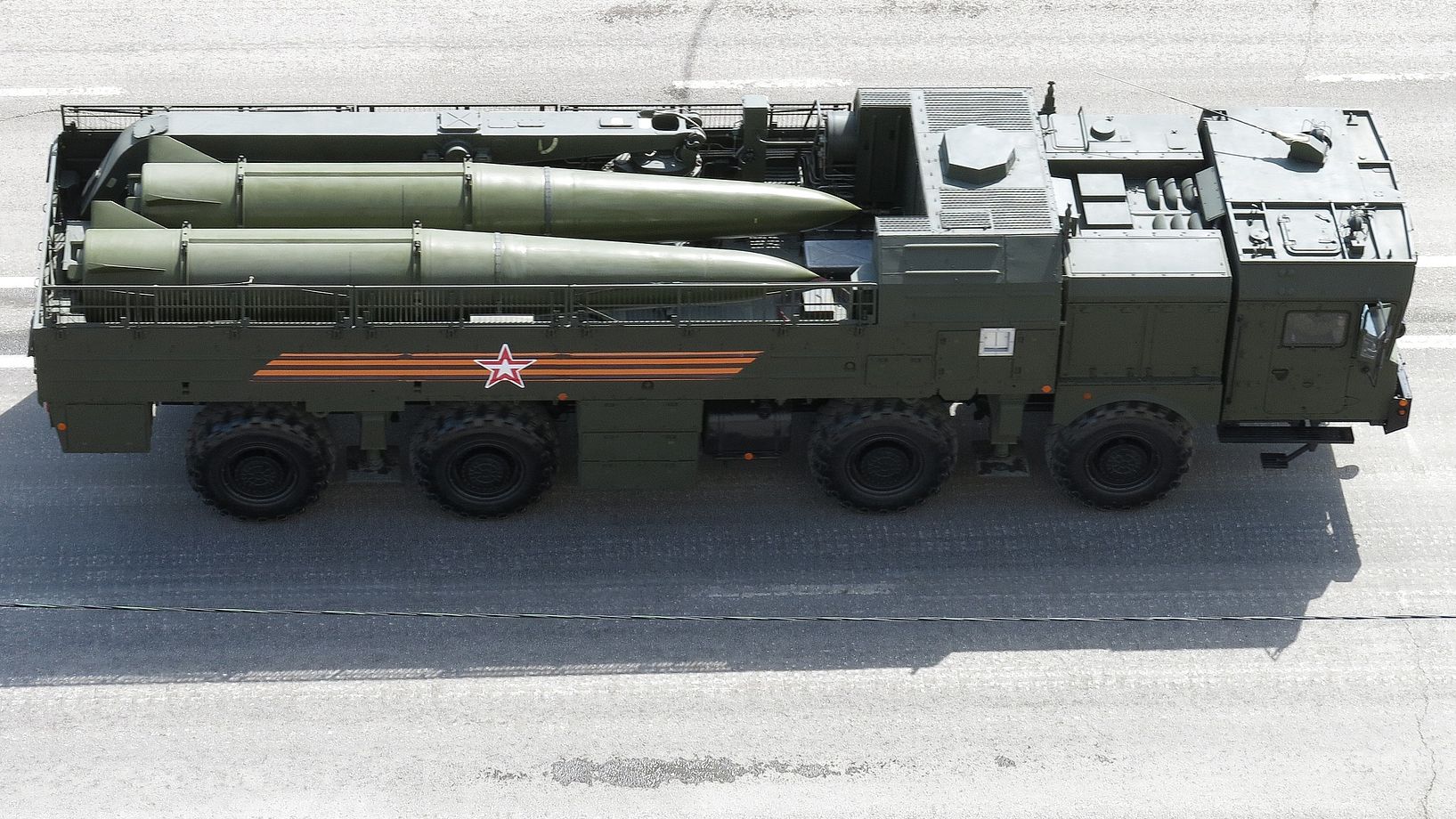'This is Russia’s war, Russia should pay' — UK examining new ways to use Moscow's frozen assets

The U.K. is exploring new ways to unlock the value of frozen Russian assets to help fund Ukraine's war effort and reconstruction, British Chancellor Rachel Reeves will formally announce on 20 Sept.
"This is Russia’s war – and Russia should pay. It is right to explore all options to support Ukraine," she will say at a meeting in Copenhagen with her European counterparts.
At the start of Russia’s full-scale invasion in 2022, the Group of Seven (G7) countries froze approximately $300 billion in Russian central bank assets, with about two-thirds held by the Belgian clearinghouse Euroclear.
European governments and G7 allies have been exploring ways to generate revenue from these immobilized funds short of outright seizing them which would have legal as well as political ramifications.
Reeves will announce that the U.K. is examining the use of reparation loans to send money to Ukraine. Kyiv would receive the money now but would only have to pay it back only once Russia pays for war reparations.
"Defending against Russian aggression is vital not just to the long-term security and prosperity of Ukraine, but to the UK and the whole of Europe," Reeves will say.
"While Russia has no respect for international law, the UK does. We will only consider options in line with international law and that are economically, and financially responsible."
European Commission President Ursula von der Leyen floated an equivalent scheme earlier this week.
Brussels has been reluctant to confiscate assets outright due to potential fiscal and legal pitfalls. Instead, it uses the profits generated by the assets to fund Ukraine's defense and reconstruction via the $50 billion G7 loan and a separate EU program.
In recent months, there have been mounting calls for the EU to pursue more radical ways of using the profits for Ukraine's benefit, such as through riskier investments.












